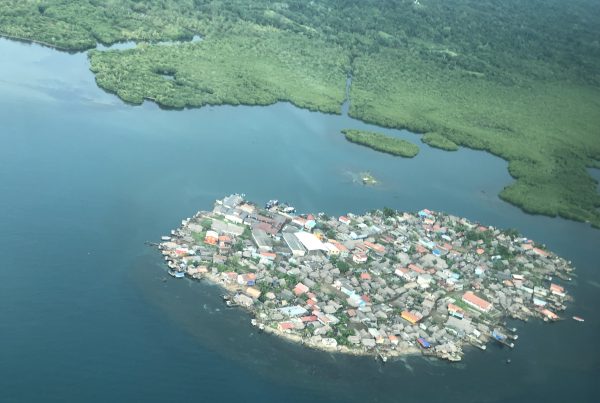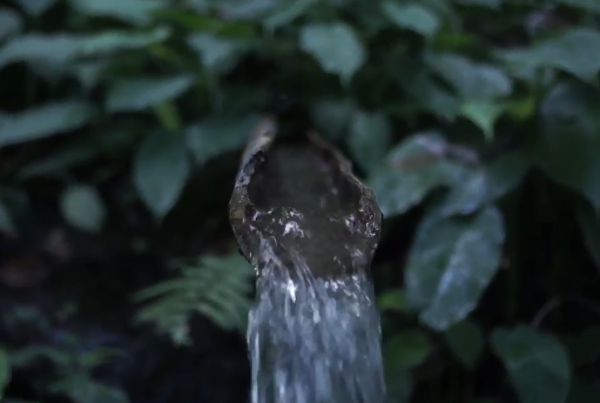The bio-cultural protocol of the Native Healers of the Kegalle District in the Sabaragamuwa Province of Sri Lanka is a comprehensive document covering the intergenerational heritage, traditional medicinal knowledge, their acquaintance with serpents and other animals, and extraordinary treatment methods and varieties of medicine.
It describes the unity of nature and the culture, beliefs, values and lifestyles affecting the protection of biodiversity, as well as challenges currently faced by traditional healers, as described in the short, edited excerpt below.
The challenges we face
- Difficulty in obtaining required medicine.
- Impact on the registration of a native healer due to the laws introduced during the colonial era.
- Destruction of medicinal plants due to the expansion of commercial plantations.
- Restrictions imposed on entering a forest area. ɐ The ban imposed on planting essential medicinal plants; for example, kansa.
- Demeaning of the native practitioners due to pressure exerted by western medical authorities.
- No recognition of native medicines within our education system.
- The addition of chemicals to the medicinal plants is affecting the quality of the medicine.
- The manipulation of genes of trees is affecting the quality of medicinal plants.
Threats from multi-national companies
- Indigenous medical practice is being suppressed by an authoritative market controlled by the western medical system.
- Programmes are made to undermine the native medical system, labelling it as primitive.
- Preferential government assistance is given to Indian Ayurveda, Chinese acupuncture and homeopathy systems.
- The government has minimum concern for protecting the native medical system, and the benefits are not being passed on to the lowest level.
The Integration Process of Social Protocols
We are bound to follow the main principle in the conservation of our biological diversity and medicinal plants. At the same time, the right of the citizen who uses the biological assets is also to be protected. In development of local knowledge, and in giving benefits to locals, we expect to work in collaboration with the Sri Lanka Biodiversity Secretariat, educational institutes and other relevant associations.
Our requests
In accordance with the Treaty (CBD), we request assistance from the government to:
- Utilise folk treaties on the equitable and fair sharing of the benefits accrued from genetic assets and traditional activities;
- Not complicate co-operation agreements;
- Formulate model agreements for sharing benefits.
Our main requirements
- Be educated on finding markets for our products.
- Be educated on finding technology for new production processes.
- Implementation of development programmes for managing bio-assets.
Sri Lanka’s national biodiversity strategies and action plans recognise community biocultural protocols as a conservation tool, and the government is in the process of legally recognising these protocols within a national process towards the adoption and operationalisation of the Nagoya Protocol.
The Bio-Cultural Protocol highlights the important connections between people and biodiversity in the Kegalle District. Credit: Nuwan Liyanage.
Author
- Association of Traditional Healers for Treatment of Venom Bites and Nirmanee Development Foundation
Ecosystems
- Tropical forests
Topics
- Genetic Diversity and Access and Benefit Sharing
Type
- Short-form
Date
- This case study forms part of LBO-2, originally released in 2020.



